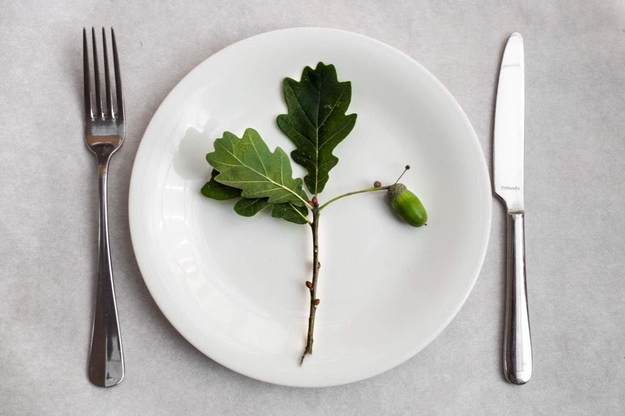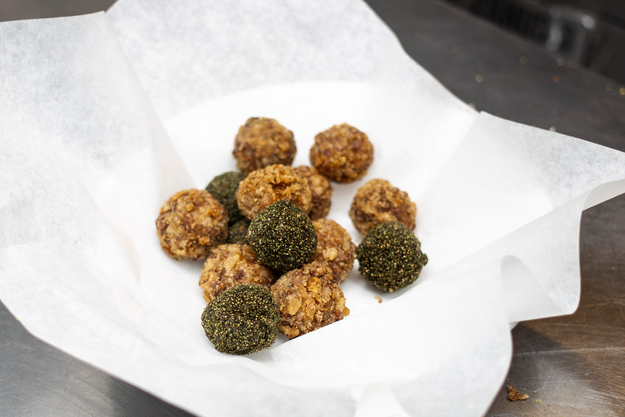It may be a common misconception that acorns are not edible and nutritious due to their extreme bitterness and astringency. However, this is not the case! Historically, acorns were a staple food in an array of cultures; regions such as the Mediterranean, Asia and North America processed and consumed acorns for thousands of years. In the North American west coast, acorns made up more than half of the diet of native people.
What makes acorns so bitter?
The answer is tannins! Tannins are naturally occurring plant polyphenols found in raw acorns, wine and many other plant-derived foods; they are responsible for the bitter and astringent effect in the mouth. Tannins and phytic acid are both present in acorns and can interfere with the absorption of nutrients due to their ability to bind to them, also causing digestive problems if too much is consumed. Therefore, tannins are considered toxic to most animals if consumed in large quantities.
The good news is, tannins are highly water-soluble; once the tannins are removed through the process of leaching that the Balanophagy team have practiced, the acorn becomes an available, energy-dense food.
Applications of tannins
Naturally, tannins act as a defence mechanism against pathogens, herbivores and hostile environmental conditions. Tannins can act as a natural preservative when storing acorns after drying and can be stored for up to 3 years without microbial spoilage. Tannins are also used in the leather industry as a natural tanning agent and in the food industry as a food ingredient.
Did you know that acorns can be considered a superfood?
Acorns have a high energy content of approximately 387 kcals per 100g and can provide around 14% carbohydrates, 40% total fat and 11% protein of your Daily Value*. They contain high amounts of mono- and poly-unsaturated fatty acids – these are the good fats! Acorns are a good source of vitamin B-6, niacin, iron, calcium, magnesium and phosphorous. However, it is important to note that geographical location of the oak and the type of Quercus species is a secondary factor.
Acorns contain high amounts of phenolic compounds and tocopherols (vitamin E). Tocopherols are among the most important fat-soluble antioxidants in food as well as in human and animal tissues. Tocopherols and phenolic compounds are naturallypresent in many plants and oils and can be extracted in acorn oil. This oil can be produced without having to leach tannins from the acorns and it has been shown that the tocopherol content in acorn oil is higher than numerous vegetable oils; including olive oil.
*Daily Value based on a 2000-calorie diet.
Health benefits
Some research has suggested acorns have protective effects against digestive conditions such as diarrhoea, have potential neuroprotective properties and have potent antioxidant properties which are strongly associated with treatments against Cancer and Alzheimer's disease. Unfortunately, there is a knowledge gap on the specific health effects of the consumption of acorns. The potential use and consumption of acorns should be further investigated in the future.
Recipes
Acorns can be transformed into some mouth-watering recipes that have been created using varying processes, for example our very own acorn sausage and acorn bitterballen recipes!
Other recipes that have been explored by others include: Acorn bread, acorn cookies, acorn pancakes, acorn coffee, acorn cheese, acorn spread, and the list goes on..

